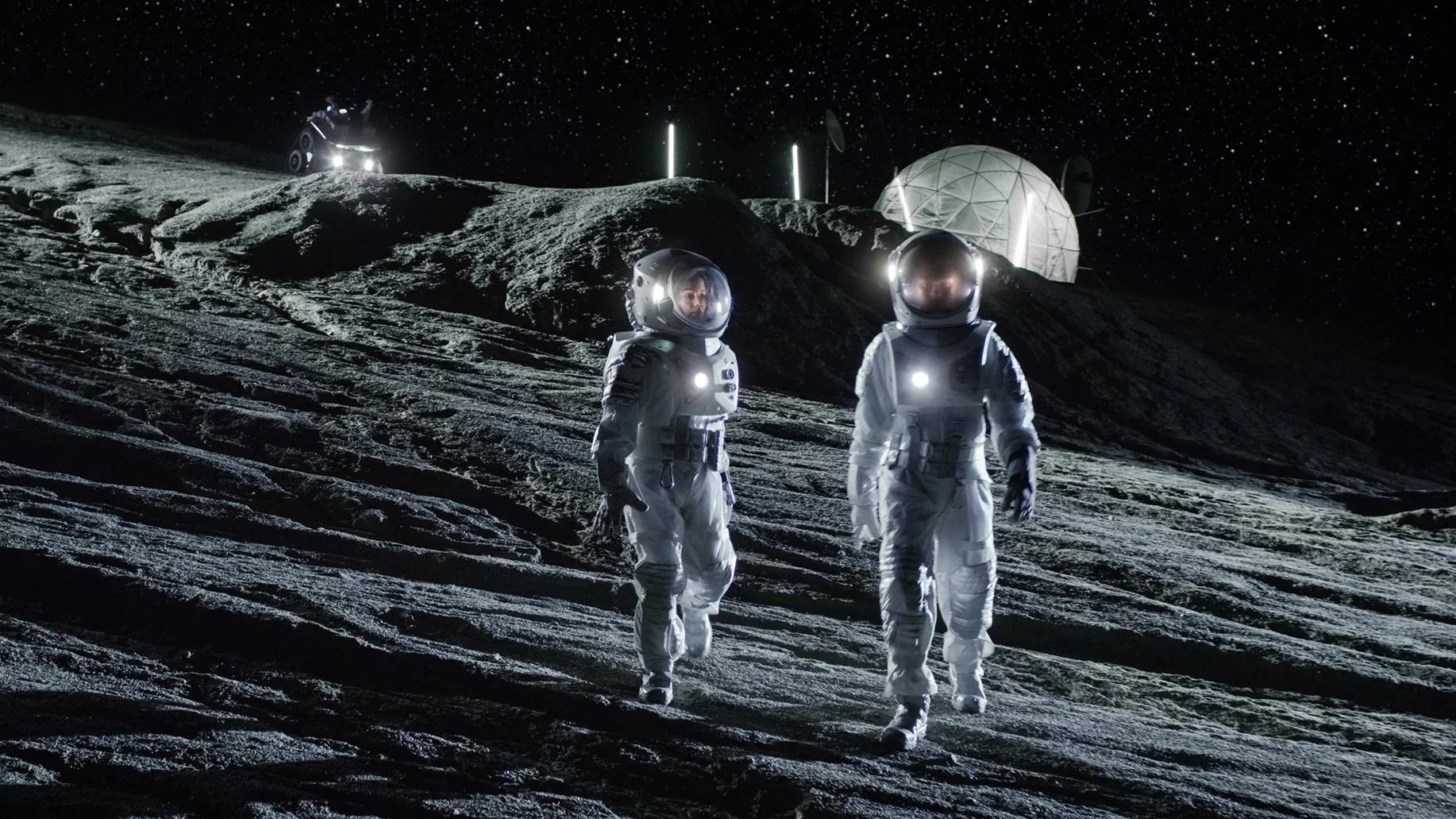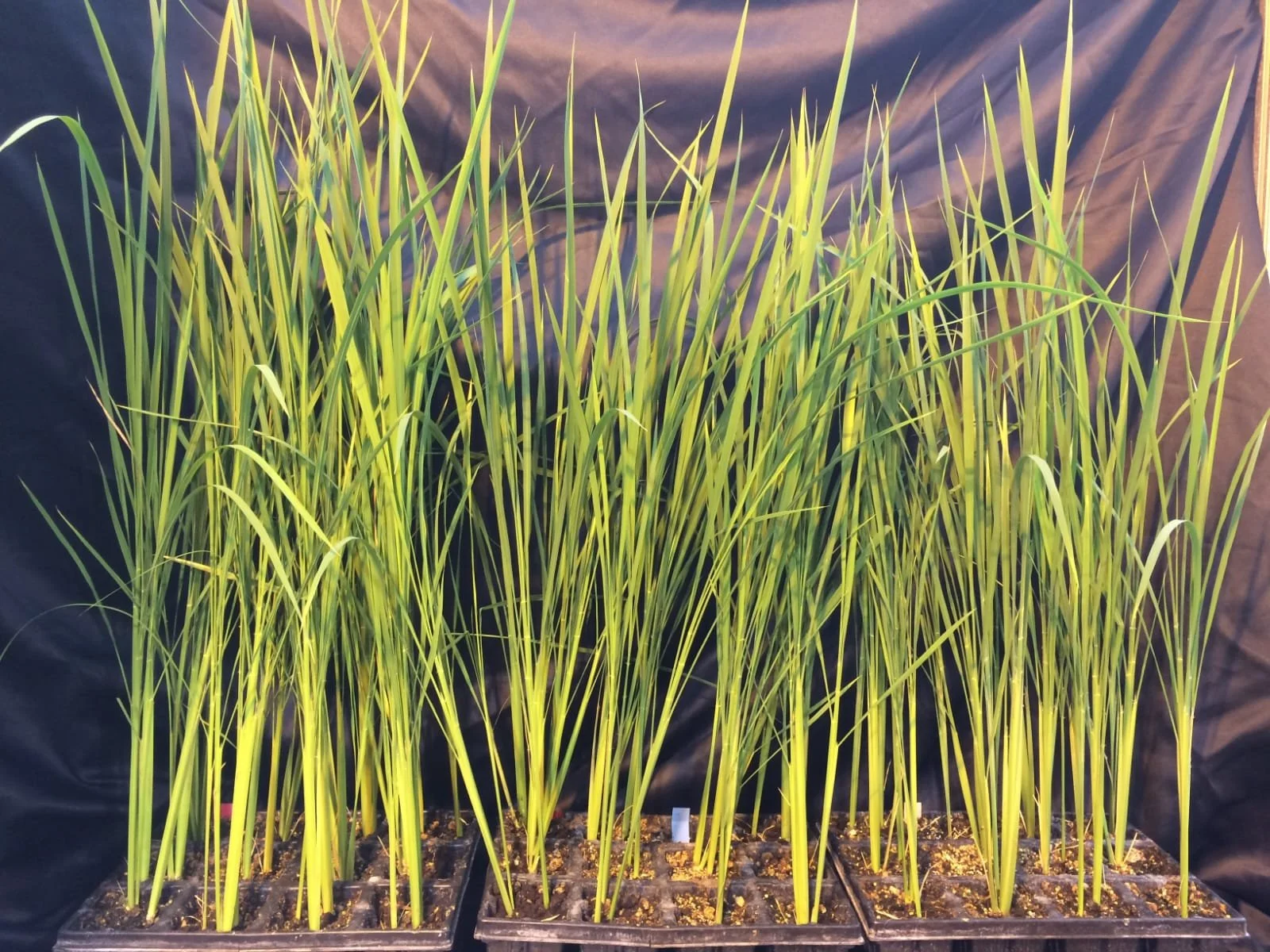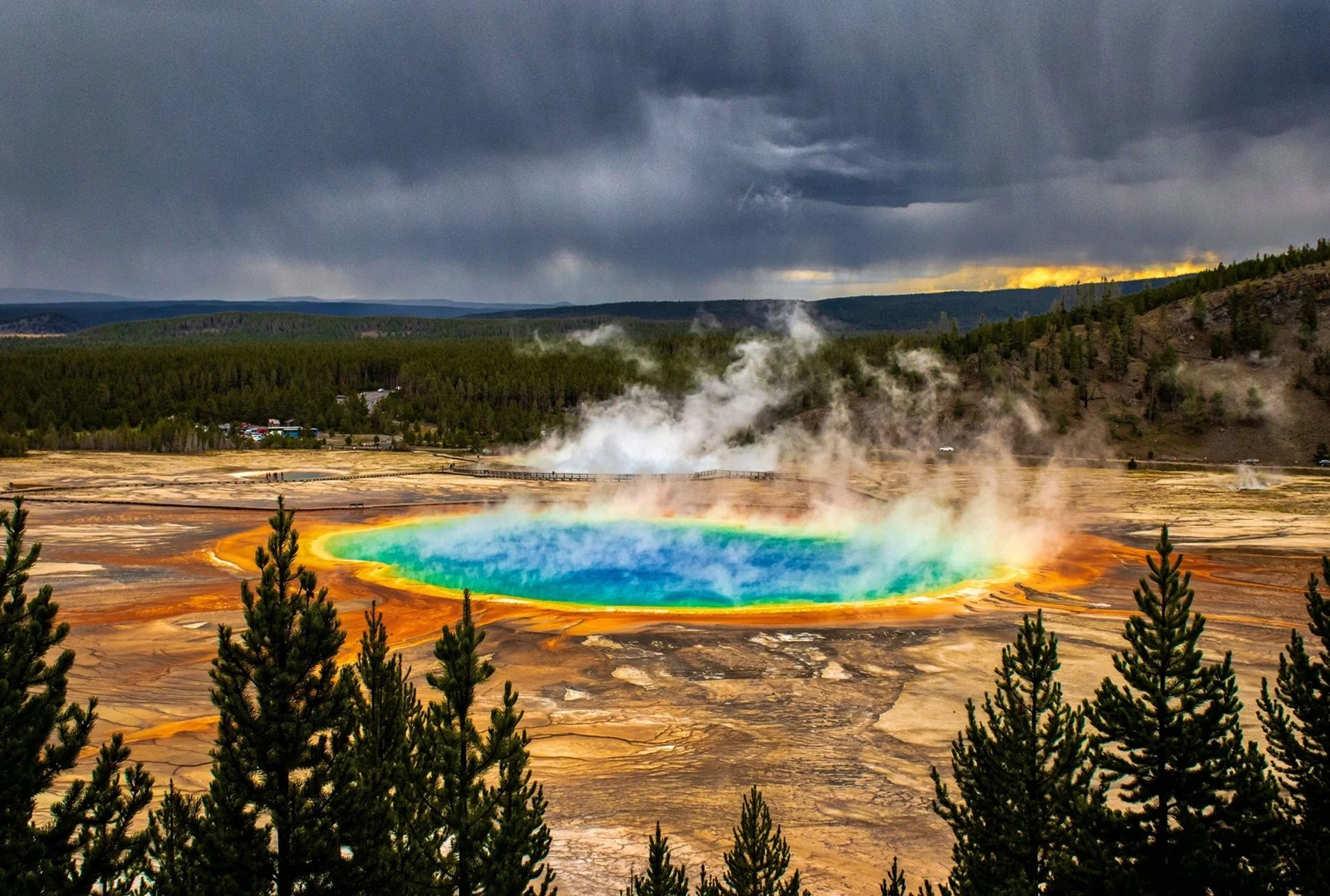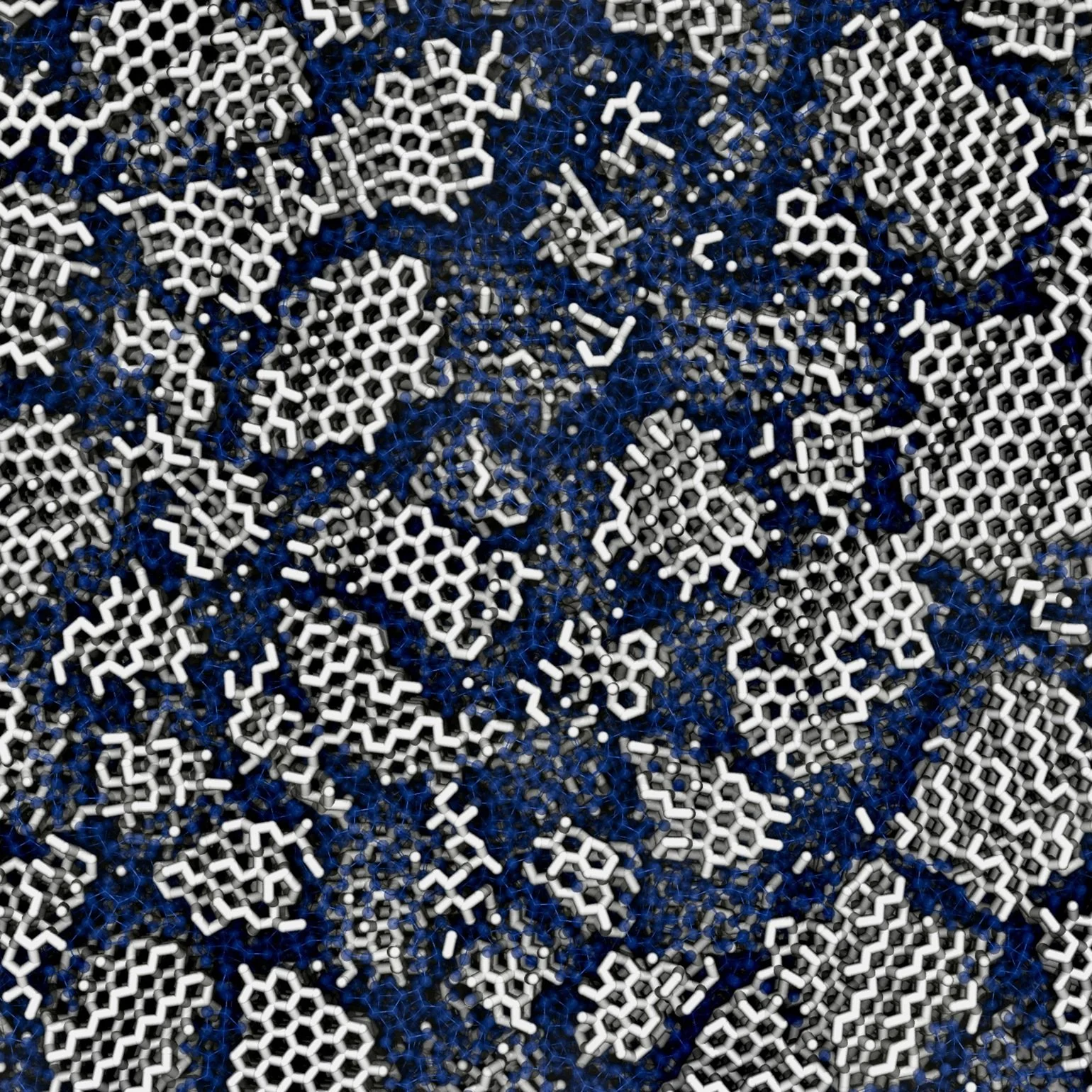Featured
Latest articles
Some memories vanish by dinner time. Others stay with us for decades. What decides which is which?
For nearly a century, astronomers have been convinced that most of the universe is made of something we can’t see. Now, fresh analysis of data from a NASA space telescope suggests we may have caught our first real glimpse of it
Most of us think of dentists when our gums are sore, not brain scans. Yet a new study hints that what’s happening along the gumline may show up deep inside the brain.
Here’s what the scientists measured, what it could mean, and how to protect yourself while we wait for more answers.
Imagine a field of microscopic flowers that can fold, unfurl, and even kick off a chemical reaction without a gardener in sight. Researchers at the University of North Carolina have at Chapel Hill built just such shape-shifting “soft robots,” and the most interesting part isn’t what they are, but what they might be able to do.
You might not now this but the simple act of chewing has a big impact on your brain health. In this article, we explore why texture and oral care matter so much.
Chemists at University College London (UCL) have found a way to show how two of life’s essential ingredients—RNA and amino acids—might have come together nearly four billion years ago.
Astronomers have directly observed a planet in the act of forming around a youthful analogue of the Sun, offering a rare look at how giant worlds assemble.
It may sound like the plot of a sci-fi film reaching a black hole with a spacecraft, but it turns out that the idea may not be that outlandish.
Astronomers have detected complex organic molecules in a disc of gas and dust surrounding a young star. - This discovery raises a fascinating possibility: the building blocks of life might have formed in space long before planets like Earth even existed.
Research suggests that the timing of your exam can significantly impact your chances of passing, and the same might hold true for job interviews.
It might be possible that astronauts in the future live and work comfortably on the moon without the need for resources to be shipped from Earth.
Modern space exploration mostly relies on shipments from Earth, but these rarely include fresh fruits or vegetables. Having reliable sources of fresh food—rich in vitamins, antioxidants, and fibre—could help keep astronauts healthy on long missions.
Ever wonder why you still feel tired, irritable, or unable to concentrate, even after a full night’s sleep? Studies suggest the culprit could be your night-time exposure to artificial light—from smartphones, tablets, computers, and LED lights.
For a long time, scientists believed this was how fish rested. Surprisingly, research reveals that this seemingly effortless behaviour actually uses almost twice as much energy as genuine rest.
Ice found in the vast reaches of space isn't as simple as previously thought.
A new study shows teenagers spend over 20% of their drive time looking at their phones, despite knowing the dangers. Experts say simple steps could help keep young drivers, and everyone on the road, safer.
What changed Mars from a potentially habitable world into the barren planet we see today? Scientists at the University of Chicago have taken a significant step toward understanding this mystery.
Researchers have developed advanced materials capable of naturally cooling buildings, significantly reducing energy consumption and lowering utility bills.
Researchers have developed a 3D-printed sponge-like material that uses sunlight to turn seawater into drinkable water, no electricity required. This new aerogel could make clean water cheaper and more accessible for communities worldwide.
Four common causes and some helpful tips on what you can do to alleviate sleep problems according to science
Scientists working in one of Earth's most extreme habitats, Antarctica, have made some surprising discoveries.
Scientists have long tried to explain the origin of a mysterious, large and anomalously cold region of the sky. In 2015, they came close to figuring it out as a study showed it to be a “supervoid” in which the density of galaxies is much lower than it is in the rest of the universe. However, other studies haven’t managed to replicate the result.
If you enjoy our selection of content please consider following Universal-Sci on social media:























These are the world’s five deadliest volcanoes … and why they’re so dangerous